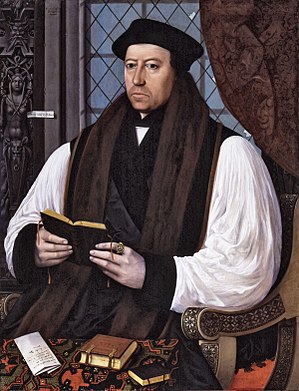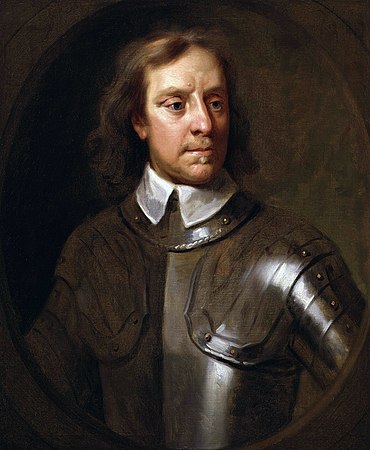Sorry that we have not completed this post. The next day we had breakfast, and Daddy did
Living the Gospel in which he said that you should live the gospel out in your life when you share it with others. Then he did
Defending the Gospel. His main point was that every false argument has to contradict itself at some point. Then we had lunch and there were a few hours of free time. Daddy was preparing his next talk, and we talked to people and played broom ball on a frozen pond. Daddy's last message was
Sharing the Gospel and he talked about telling people the gospel. Then after dinner we left, and Daddy, Stephen and I went to the pastor's house to spend the night, while the rest of our team went to another elder's house. The next morning we went to church, and ate lunch at one of the elder's house, then left for home. We arrived at home very early the next morning.














